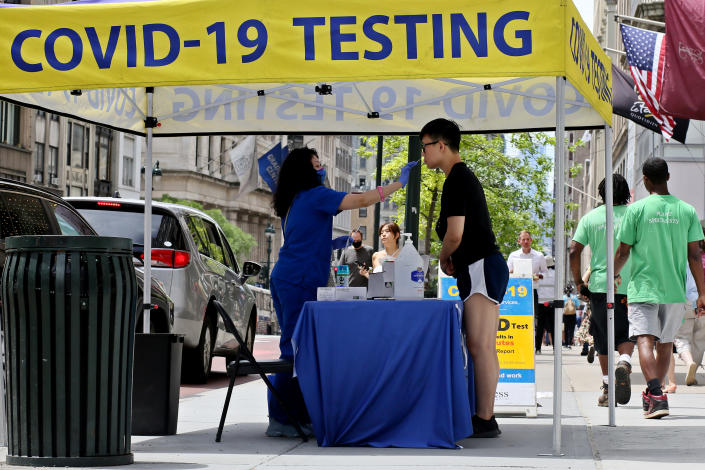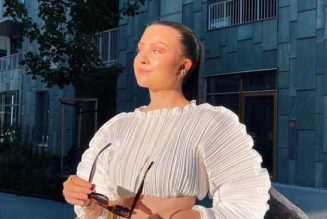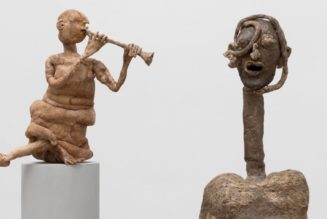
Adhering to a healthy lifestyle may reduce the risk of developing long COVID, according to a study published on Monday in the peer-reviewed journal JAMA Internal Medicine.
Researchers at the Harvard T.H. Chan School of Public Health analyzed data from 1,981 female nurses who reported a positive SARS-CoV-2 test between April 2020 and November 2021. They then looked at six healthy lifestyle factors, including a healthy body mass index (BMI); never smoking; a high-quality diet; moderate alcohol consumption; regular exercise, which they define as at least 150 minutes of moderate to vigorous physical activity per week; and adequate sleep, which they define as seven to nine hours of sleep per night.
The study found that participants who adhered to five or six of these “modifiable risk factors” before contracting COVID-19 had 49% less chance of going on to develop long COVID compared to those who adhered to none. Of the six lifestyle factors, healthy body weight and getting enough sleep had the strongest association with a lower risk of long COVID.

For participants who did develop long COVID, those who had a healthier lifestyle before getting COVID-19 had a 30% lower risk of developing long COVID symptoms that interfered with everyday life.
“Previous studies have suggested that a healthy lifestyle is associated with lower risk for chronic diseases, such as diabetes and cardiovascular diseases, as well as early death. Our findings suggest that a healthy lifestyle may also be protective against infectious diseases,” Siwen Wang, one of the authors of the study, wrote in an email to Yahoo News. “Although some lifestyle factors may be hard to change, like obesity, others may be easier to change, such as getting enough sleep on most days or incorporating a bit more physical activity in your daily routine. It’s possible that these kinds of changes might reduce your risk of developing long COVID.”
One possible explanation researchers offered was that these healthy lifestyle factors help protect against inflammation, which is responsible for long COVID ailments like “postviral fatigue syndrome” as well as damage to organs including the brain, lungs and kidneys.

Researchers did note some limitations of the study. The participants were 97% white and all middle-aged female nurses, ranging in age from 55 to 75 years old — which makes it harder to apply these results to the general population. And instances of COVID-19 infection and long COVID were self-reported, meaning that “misclassification may have occurred” and that some asymptomatic cases may have been missed.
Some have expressed surprise at the study’s findings, given that seemingly healthy individuals have also gone on to develop long COVID.
“We don’t want to confuse lower risk with no risk,” Wang said in response. “There are many factors that are likely to affect the risk of long COVID. For example, in an earlier study, we identified stress, loneliness and depression as increasing risk for long COVID.”
Long COVID, or “post–COVID-19 condition,” can be difficult to identify, and there’s currently no test to diagnose it. According to the Centers for Disease Control and Prevention, 7.5% of adults in the U.S. have long COVID symptoms, “defined as symptoms lasting three or more months after first contracting the virus,” and women are more likely than men to experience long COVID. The list of possible long COVID symptoms is vast, but those most commonly reported include “brain fog,” fatigue, respiratory and heart problems, and joint or muscle pain.










